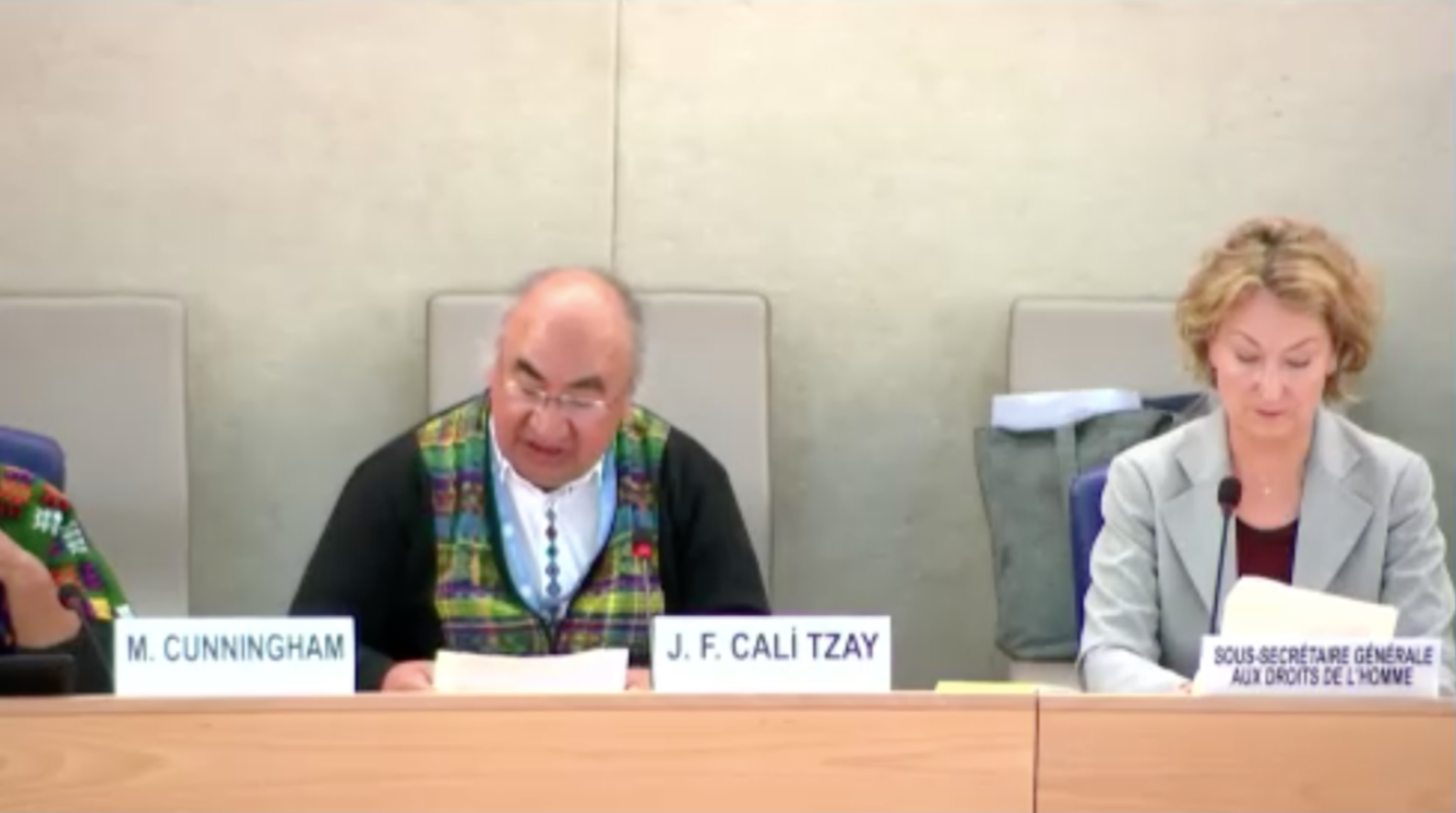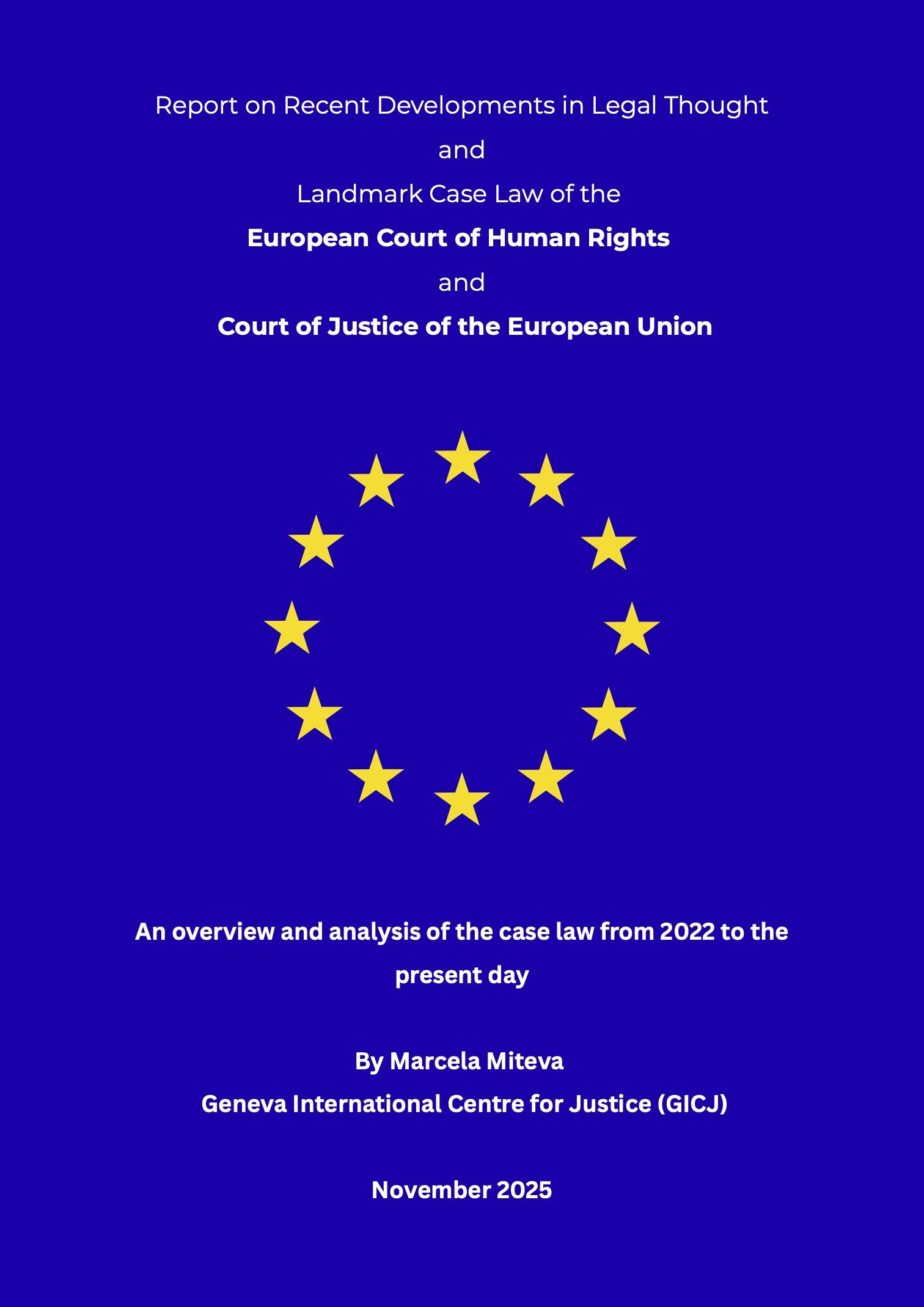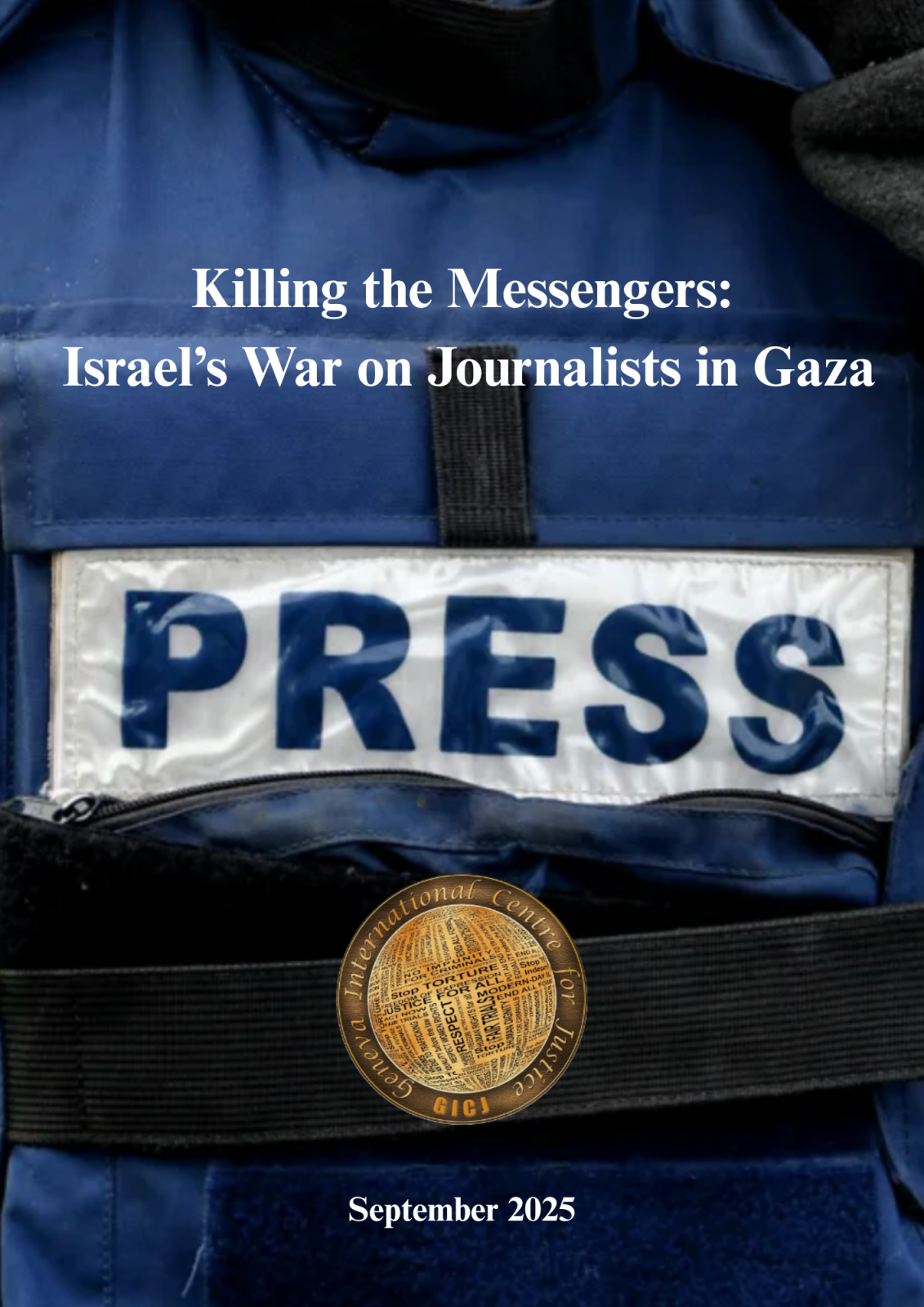By Rute Belachew / GICJ
 "We belong to the land, the land does not belong to us," Special Rapporteur José Francisco Cal Tzay declares to add emphasis to the continued devastation of indigenous land. On the 28th of September, at the 51st session of the Human Rights Council, Mr. Calí Tzay presented his report at an Interactive dialogue on the rights of Indigenous peoples pursuant to his mandate under Human Rights Council Resolution 42/20 (A/HRC/51/28; A/HRC/51/28/Add.1).
"We belong to the land, the land does not belong to us," Special Rapporteur José Francisco Cal Tzay declares to add emphasis to the continued devastation of indigenous land. On the 28th of September, at the 51st session of the Human Rights Council, Mr. Calí Tzay presented his report at an Interactive dialogue on the rights of Indigenous peoples pursuant to his mandate under Human Rights Council Resolution 42/20 (A/HRC/51/28; A/HRC/51/28/Add.1).
Mr. Calí Tzay’s reports discussed COVID-19 recovery plans, with a focus on food insecurity. Following the outbreak of the COVID-19 epidemic, indigenous groups faced increased challenges as development plans jeopardised their capacity to obtain food and preserve their cultural identities.
The Special Rapporteur highlighted indigenous women’s technical knowledge in this area and the importance of including indigenous peoples in the creation and implementation of recovery initiatives. Forging ahead, indigenous panellists advocated for the Council to increase its efforts to involve indigenous peoples in recovery plans.
Geneva International Centre for Justice (GICJ) strongly condemns all intimidation, violence, and discrimination against indigenous peoples. We recognise that these tactics have been historically utilised to violate the human rights of Indigenous people and we urge governments to continue to examine their policies that stem from systemic racism. To guarantee the human rights of everyone, GICJ urges states to put the reports' recommendations into action.
Costa Rica, Indigenous Rights, HRC51, GICJ, Geneva International Centre For Justice, Justice, geneva4justice, Human Rights









